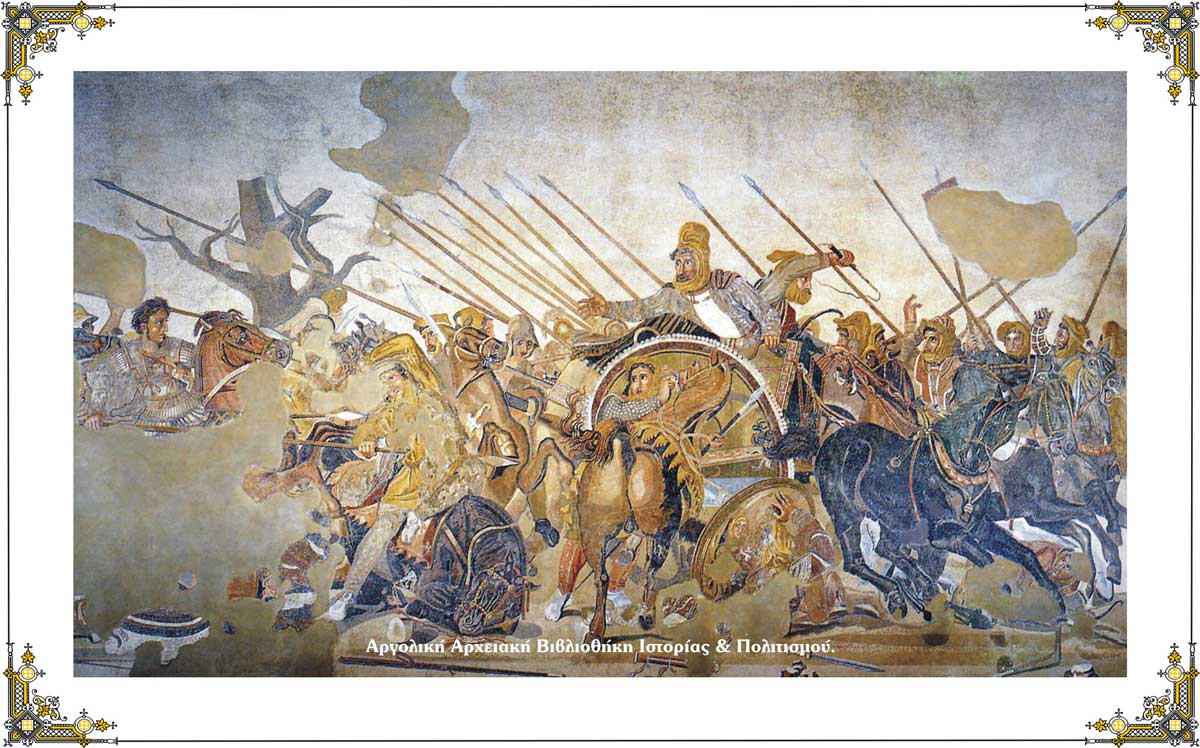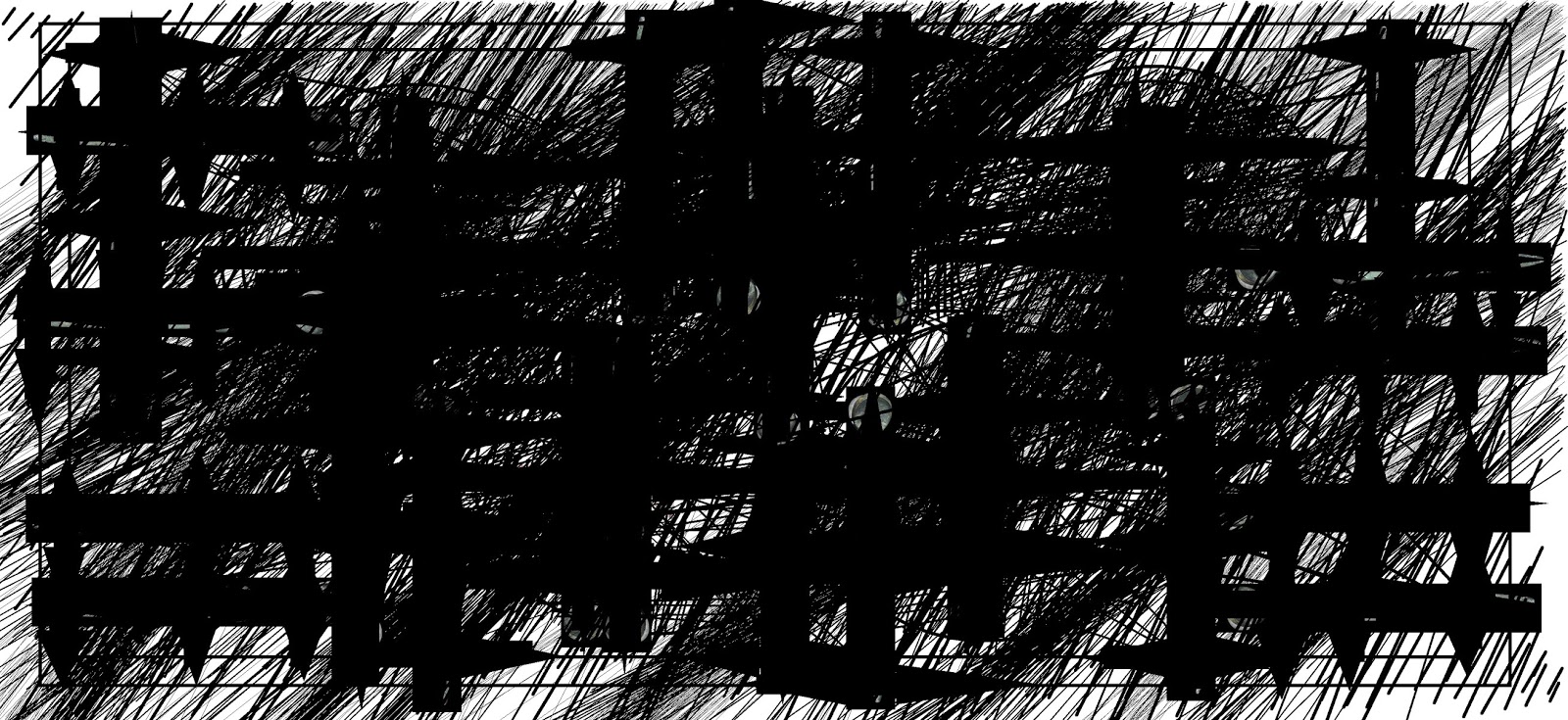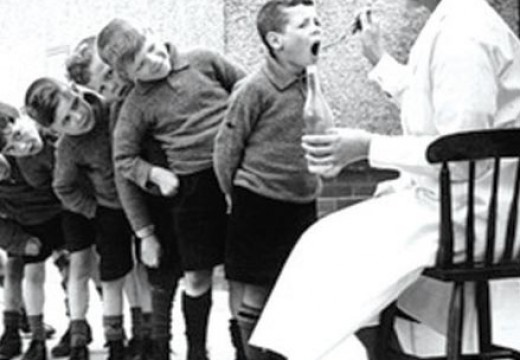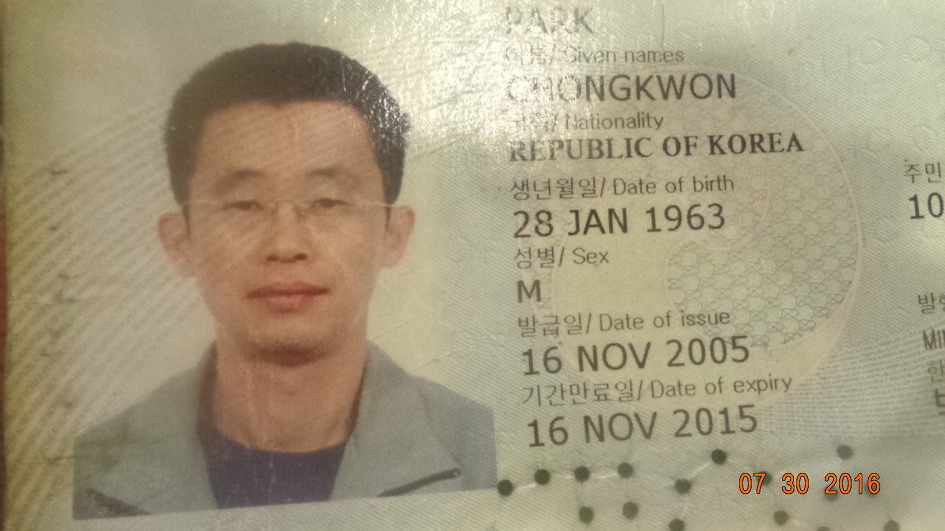呪文的MargaretThatcher的呪文之的MargaretThatcher的呪文的之MargaretThatcher的呪文之MargaretThatcher的呪文之的的的的的的的MargaretThatcher的呪文的的的的的的的之
呪文的呪文之的呪文的之呪文之呪文呪文之的的的的的的的呪文的的的的的的的之개인적취미적활동적
진정한 男性性의 世界는 바로 ATLANTIS CIVILIZATIONS였느니라.
現代의 地球人들은, MAMA BOY 못난 놈들의 象徵에 불과하느니라.
인간, 사람을 대할때는 항상 半神級 以上으로 대하도록 處理規律되었다.이는 플레이아데스규율제1조로서 처리규율되었다.
Democracy (Greek: δημοκρατία dēmokratía, literally "Rule by 'People'") is a system of government where the citizens exercise power by voting. In a direct democracy, the citizens as a whole form a governing body and vote directly on each issue. In a representative democracy the citizens elect representatives from among themselves. These representatives meet to form a governing body, such as a legislature. In a constitutional democracy the powers of the majority are exercised within the framework of a representative democracy, but the constitution limits the majority and protects the minority, usually through the enjoyment by all of certain individual rights, e.g. freedom of speech, or freedom of association.[1][2] "Rule of the majority" is sometimes referred to as democracy.[3] Democracy is a system of processing conflicts in which outcomes depend on what participants do, but no single force controls what occurs and its outcomes.
The uncertainty of outcomes is inherent in democracy, which makes all forces struggle repeatedly for the realization of their interests, being the devolution of power from a group of people to a set of rules.[4] Western democracy, as distinct from that which existed in pre-modern societies, is generally considered to have originated in city-states such as Classical Athens and the Roman Republic, where various schemes and degrees of enfranchisement of the free male population were observed before the form disappeared in the West at the beginning of late antiquity. The English word dates back to the 16th century, from the older Middle French and Middle Latin equivalents.
According to American political scientist Larry Diamond, democracy consists of four key elements: a political system for choosing and replacing the government through free and fair elections; the active participation of the people, as citizens, in politics and civic life; protection of the human rights of all citizens; a rule of law, in which the laws and procedures apply equally to all citizens.[5] Todd Landman, nevertheless, draws our attention to the fact that democracy and human rights are two different concepts and that "there must be greater specificity in the conceptualisation and operationalization of democracy and human rights".[6]
The term appeared in the 5th century BC to denote the political systems then existing in Greek city-states, notably Athens, to mean "rule of the people", in contrast to aristocracy (ἀριστοκρατία, aristokratía), meaning "rule of an elite". While theoretically these definitions are in opposition, in practice the distinction has been blurred historically.[7] The political system of Classical Athens, for example, granted democratic citizenship to free men and excluded slaves and women from political participation. In virtually all democratic governments throughout ancient and modern history, democratic citizenship consisted of an elite class, until full enfranchisement was won for all adult citizens in most modern democracies through the suffrage movements of the 19th and 20th centuries.
Democracy contrasts with forms of government where power is either held by an individual, as in an absolute monarchy, or where power is held by a small number of individuals, as in an oligarchy. Nevertheless, these oppositions, inherited from Greek philosophy,[8] are now ambiguous because contemporary governments have mixed democratic, oligarchic and monarchic elements. Karl Popper defined democracy in contrast to dictatorship or tyranny, thus focusing on opportunities for the people to control their leaders and to oust them without the need for a revolution.[9]
" style="clear: both; text-align: center;">
진정한 男性性의 世界는 바로 ATLANTIS CIVILIZATIONS였느니라.
現代의 地球人들은, MAMA BOY 못난 놈들의 象徵에 불과하느니라.
인간, 사람을 대할때는 항상 半神級 以上으로 대하도록 處理規律되었다.이는 플레이아데스규율제1조로서 처리규율되었다.
Democracy (Greek: δημοκρατία dēmokratía, literally "Rule by 'People'") is a system of government where the citizens exercise power by voting. In a direct democracy, the citizens as a whole form a governing body and vote directly on each issue. In a representative democracy the citizens elect representatives from among themselves. These representatives meet to form a governing body, such as a legislature. In a constitutional democracy the powers of the majority are exercised within the framework of a representative democracy, but the constitution limits the majority and protects the minority, usually through the enjoyment by all of certain individual rights, e.g. freedom of speech, or freedom of association.[1][2] "Rule of the majority" is sometimes referred to as democracy.[3] Democracy is a system of processing conflicts in which outcomes depend on what participants do, but no single force controls what occurs and its outcomes.
The uncertainty of outcomes is inherent in democracy, which makes all forces struggle repeatedly for the realization of their interests, being the devolution of power from a group of people to a set of rules.[4] Western democracy, as distinct from that which existed in pre-modern societies, is generally considered to have originated in city-states such as Classical Athens and the Roman Republic, where various schemes and degrees of enfranchisement of the free male population were observed before the form disappeared in the West at the beginning of late antiquity. The English word dates back to the 16th century, from the older Middle French and Middle Latin equivalents.
According to American political scientist Larry Diamond, democracy consists of four key elements: a political system for choosing and replacing the government through free and fair elections; the active participation of the people, as citizens, in politics and civic life; protection of the human rights of all citizens; a rule of law, in which the laws and procedures apply equally to all citizens.[5] Todd Landman, nevertheless, draws our attention to the fact that democracy and human rights are two different concepts and that "there must be greater specificity in the conceptualisation and operationalization of democracy and human rights".[6]
The term appeared in the 5th century BC to denote the political systems then existing in Greek city-states, notably Athens, to mean "rule of the people", in contrast to aristocracy (ἀριστοκρατία, aristokratía), meaning "rule of an elite". While theoretically these definitions are in opposition, in practice the distinction has been blurred historically.[7] The political system of Classical Athens, for example, granted democratic citizenship to free men and excluded slaves and women from political participation. In virtually all democratic governments throughout ancient and modern history, democratic citizenship consisted of an elite class, until full enfranchisement was won for all adult citizens in most modern democracies through the suffrage movements of the 19th and 20th centuries.
Democracy contrasts with forms of government where power is either held by an individual, as in an absolute monarchy, or where power is held by a small number of individuals, as in an oligarchy. Nevertheless, these oppositions, inherited from Greek philosophy,[8] are now ambiguous because contemporary governments have mixed democratic, oligarchic and monarchic elements. Karl Popper defined democracy in contrast to dictatorship or tyranny, thus focusing on opportunities for the people to control their leaders and to oust them without the need for a revolution.[9]
Margaret Thatcher
우리가 男性的 女性, 男子的 女性, 男性的 女子, 男子的 女子가, 女子的 男子, 女性的 男性보다 더 좋다고 보는 것에는 이유가 있다.
그래서 우리는 한때, 女性的 power가 地球를 支配하는 重推的 힘 force가 되어야 한다고 말한 적이 있었다.
그러나, 우리가 말한 의도는 地球人들에 의하여 많이 曲解되었거나, 잘못 理解되어지는 부분들인데,
우리가 지나간 54年의 人生을 反芻해 보건대, 眞實로 그러하다.
Pleiadeians Keys to the Living Library에서 플레이아데스人들이 말한 바와 같이, 창조의 근본적 속성적 원리로서의 여성성의 원리는, 실제로는 많이 오해되어지고 곡해되어졌다.
우리가 보아온, 외견상으로는 당당해 보여지고, 자부심과 명예심에 가득찬 남자들의 세계란, 실제로는 máma’s bòy들의 세계였도다.
다만, 우리가 보건대는, 여성들을 보건대는, 남자적 여성, 남성적 여자들은, 그러한 máma’s bòy들과는 無關해 보여지도다.
이는 萬物의 根源에 깃든 가장 基本的 屬性이자, 根本的 原理가 바로 母神的 女性性의 原理임을 意味할 것이로다.


































































댓글
댓글 쓰기